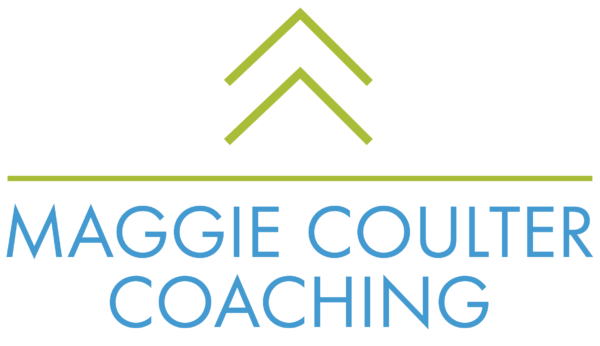Joy at an Improbable Time
Earlier this year, a colleague and I embarked on an ambitious journey: to explore what joy meant to us in response to a desire to have more joy in our lives. The timing was improbable yet it couldn’t have worked out better. It turned out that what I needed most during an unfolding pandemic was a weekly commitment to having an indepth conversation about joy.
Being trained coaches, Jacqueline and I approached our conversations with curiosity and openness to what might emerge, and we weren’t disappointed. We knew we wanted to co-create a workshop to engage others in the discussion around joy and we set some pretty clear principles to guide our efforts.
Our number one priority was that the process of co-creating the workshop needed to be joyful – otherwise, what would be the point? And if co-creating the workshop was to be joyful, then our participants’ experience in the workshop itself needed to be joyful too – a potentially challenging objective given that through our research we were also finding out that joy is unique to the individual (we rose to that challenge).
As we talked about joy each week, and gave ourselves joy “homework” (or joy “homeplay” as Jacqueline aptly renamed it) to further our awareness and knowledge, I began to have some interesting insights, including:
#1 – Joy and pain are two sides of the same coin
I’ve spent a good amount of time in therapy trying to understand the emotional pain I’ve experienced in life. So committed was I to recognizing and understanding my pain more clearly that I focused almost all of my attention on it, for years. Guided by a therapist and amplified by my own perfectionist tendencies (and a mistaken belief that if I got to know and understand my pain really well, it would go away), I got really good at pain. I began to question this approach when I learned about coaching and how our reality is shaped by where our attention is focused. Once I began opening up to the possibility of exploring joy, the realization came to me very quickly: joy and pain are two sides of the same coin and we can experience just as much of one as the other, with attention and practice. Guess which one I’m redirecting my energy towards now.
#2 – Joy can provide comfort when we need it
When I’ve thought about joy in the past, I’ve often pictured happy, smiling people with a kind of excited energy, as if joy were a stimulant of some kind – and it can be, certainly. However, as I’ve considered all of the different ways I experience joy, I’ve been surprised to find that joy can provide comfort in especially difficult moments, and not just a momentary feeling of elation. Given the especially difficult moment the world is undergoing right now, it may be helpful to others to know that with an appropriate reflection prompt, memories of joy can be calming and soothing, and even help with sleep.
#3 – Joy can be clouded by trauma
When a friend asked me about joy during a certain period of my life, I came up blank. I told her that whatever joy I had experienced then was overshadowed by the situationally-induced trauma I had gone through as well. Because of the cloud of trauma over that time, I didn’t reflect back on any associated joy memories and therefore didn’t integrate them into my being. I missed out on the benefits of reflecting on joy, including comfort and well-being. As I’ve become more aware of the effect of trauma on joy, and engaged in a variety of healing practices, I’ve been amazed to discover that while clouded, those joy memories are not completely lost. In fact, I’ve been noticing and reflecting on more joy memories as they have begun to re-surface on their own, finally integrating those experiences of joy into who I am today and becoming more resilient for it.
As each insight came up, I shared them with Jacqueline and we mined them for further learning. This “sharing circle” is another important principle for our workshop; the creating of a safe, respectful, nonjudgmental and confidential space within which to explore joy and gain awareness that may lead to new choices in our lives. We hold no expectations in terms of what those choices might be (although we are delightfully curious).
We are piloting our Joy workshop in the next couple of weeks and we look forward to building on the feedback we will receive from our first group of participants. In the meantime, our work / play on joy continues, with particular attention on the idea of developing our individual, and perhaps even collective, relationship with joy over time.
If you’d like to learn more, please contact me here.
